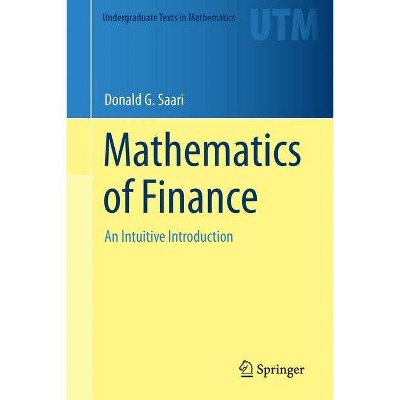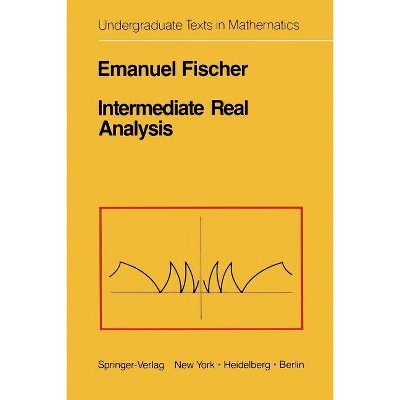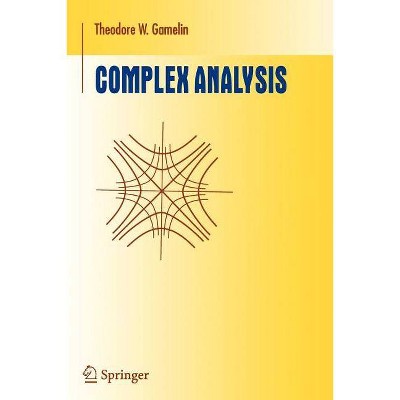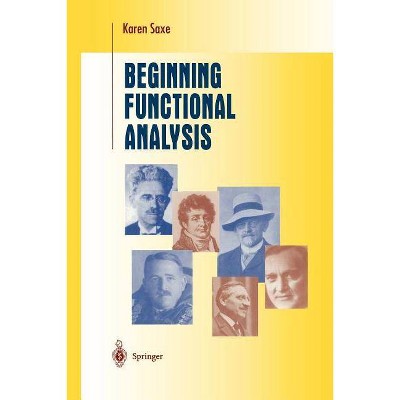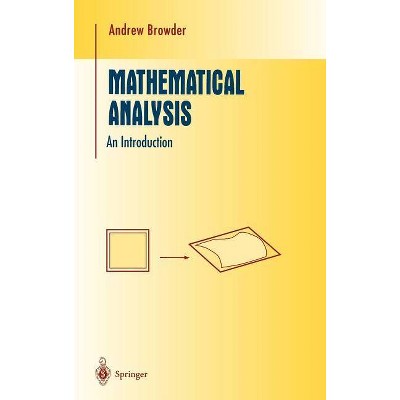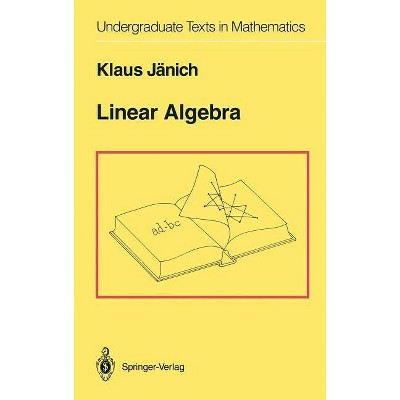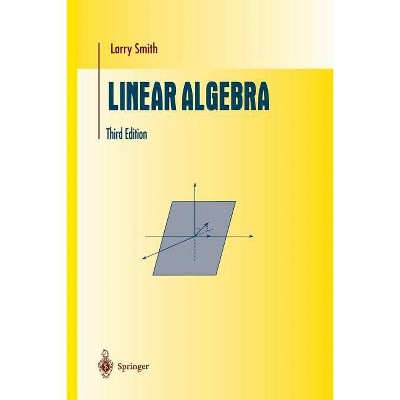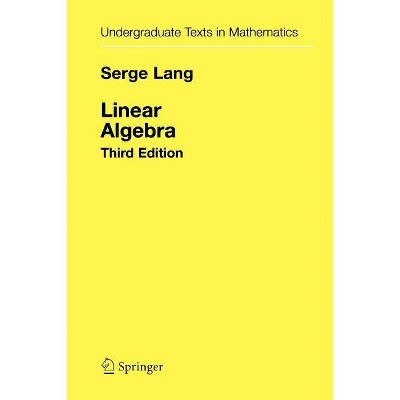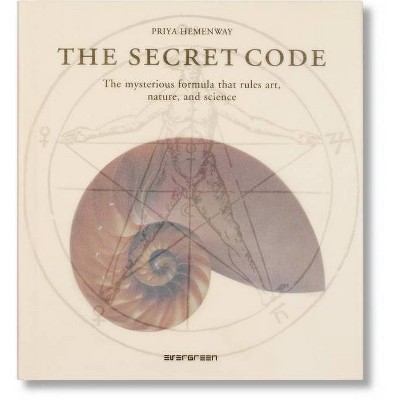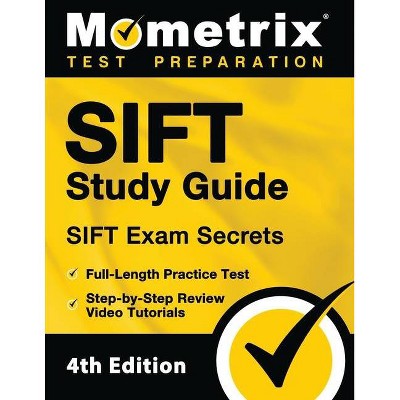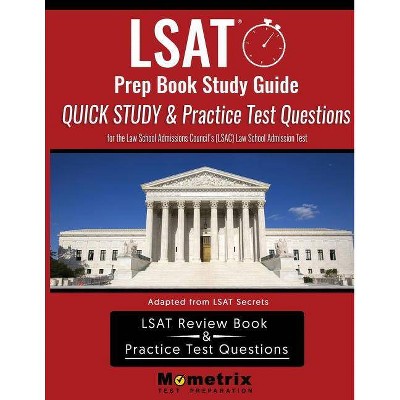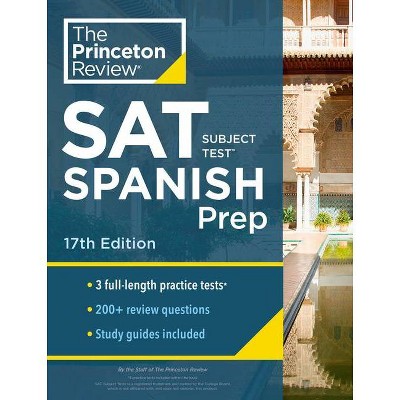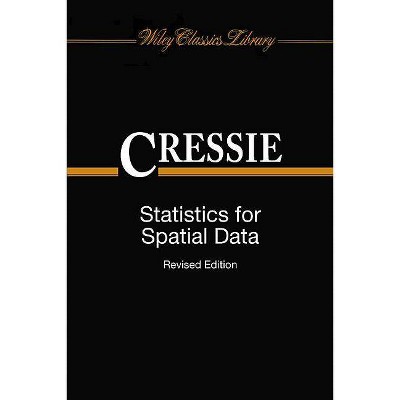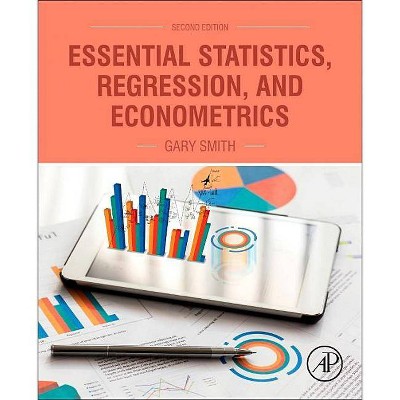Discrete Mathematics - (Undergraduate Texts in Mathematics) by László Lovász & József Pelikán & Katalin Vesztergombi (Paperback)
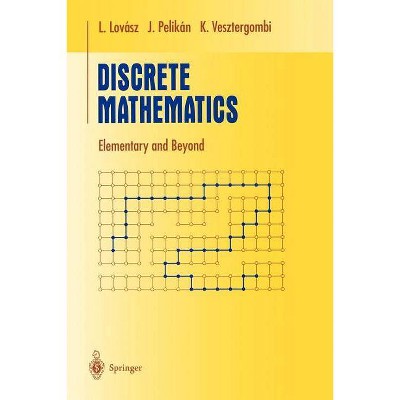
Similar Products
Products of same category from the store
AllProduct info
<p/><br></br><p><b> Book Synopsis </b></p></br></br><p>Discrete mathematics is quickly becoming one of the most important areas of mathematical research, with applications to cryptography, linear programming, coding theory and the theory of computing. This book is aimed at undergraduate mathematics and computer science students interested in developing a feeling for what mathematics is all about, where mathematics can be helpful, and what kinds of questions mathematicians work on. The authors discuss a number of selected results and methods of discrete mathematics, mostly from the areas of combinatorics and graph theory, with a little number theory, probability, and combinatorial geometry. Wherever possible, the authors use proofs and problem solving to help students understand the solutions to problems. In addition, there are numerous examples, figures and exercises spread throughout the book.</p> <p></p> <p>László Lovász is a Senior Researcher in the Theory Group at Microsoft Corporation. He is a recipient of the 1999 Wolf Prize and the Gödel Prize for the top paper in Computer Science. József Pelikán is Professor of Mathematics in the Department of Algebra and Number Theory at Eötvös Loránd University, Hungary. In 2002, he was elected Chairman of the Advisory Board of the International Mathematical Olympiad. Katalin Vesztergombi is Senior Lecturer in the Department of Mathematics at the University of Washington.</p><p/><br></br><p><b> From the Back Cover </b></p></br></br><p> Discrete mathematics is quickly becoming one of the most important areas of mathematical research, with applications to cryptography, linear programming, coding theory and the theory of computing. This book is aimed at undergraduate mathematics and computer science students interested in developing a feeling for what mathematics is all about, where mathematics can be helpful, and what kinds of questions mathematicians work on. The authors discuss a number of selected results and methods of discrete mathematics, mostly from the areas of combinatorics and graph theory, with a little number theory, probability, and combinatorial geometry. Wherever possible, the authors use proofs and problem solving to help students understand the solutions to problems. In addition, there are numerous examples, figures and exercises spread throughout the book.</p> <p>László Lovász is a Senior Researcher in the Theory Group at Microsoft Corporation. He is a recipient of the 1999 Wolf Prize and the Gödel Prize for the top paper in Computer Science. József Pelikán is Professor of Mathematics in the Department of Algebra and Number Theory at Eötvös Loránd University, Hungary. In 2002, he was elected Chairman of the Advisory Board of the International Mathematical Olympiad. Katalin Vesztergombi is Senior Lecturer in the Department of Mathematics at the University of Washington.</p><p/><br></br><p><b> Review Quotes </b></p></br></br><br><p>From the reviews: </p> <p></p> <p>"The goal of this book is to use the introduction to discrete mathematics ... . Consequently, the authors ... take a lot of time to explain proof techniques and to motivate definitions and style. The language is very informal and easy to read. The level is always introductory which makes it possible to give a taste of a wide range of topics ... . There are a lot of exercises ... which makes it perfectly suitable for self-study." (T. Eisenkölbl, Monatshefte für Mathematik, Vol. 144 (2), 2005)</p> <p>"The book is aimed at undergraduate mathematics and computer science students interested in developing a feeling for what mathematics is all about, where mathematics can be helpful, and what kinds of questions mathematicians work on. The authors discuss a number of selected results and methods of discrete mathematics ... . Wherever possible, the authors use proofs and problem solving to help students understand the solutions to problems. In addition, there are numerous examples, figures, and exercises spread throughout the book." (Zentralblatt für Didaktik der Mathematik, January, 2004)</p> <p>"The title of this book is quite apposite ... . The text is, in fact, based on introductory courses in discrete mathematics ... . the emphasis throughout the book is on finding efficient and imaginative ways to tackle problems and to develop general results. ... I would see it as a valuable resource of enrichment activities for students ... . is eminently suited for self-study (there are plenty of exercises and solutions) and can be warmly recommended for the school library." (Gerry Leversha, The Mathematical Gazette, Vol. 88 (512), 2004)</p> <p>"This book is an excellent introduction to a lot of problems of discrete mathematics. ... The authors discuss a number of selected results and methods, mostly from the areas of combinatorics and graph theory ... . This book is appealed to a broad range of readers, including students and post-graduate students, teachers of mathematics, mathematical amateurs. The authors use proofs and problem solving to help students understand the solutions to problems. In addition, there are numerous examples, figures and exercises spread throughout the book." (M.I Yadrenko, Zentralblatt MATH, Issue 1017, 2003)</p> <p>"This book is aimed at undergraduate mathematics and computer science students interested in developing a feeling for what mathematics is all about, where mathematics can be helpful, and what kinds of questions mathematicians work on. The authors discuss a number of selected results and methods of discrete mathematics ... . Wherever possible, the authors use proofs and problem solving to help students understand the solutions to problems. In addition, there are numerous examples, figures, and exercises spread throughout the book." (L' Enseignement Mathematique, Vol. 49 (1-2), 2003)</p> <p>"The aim of this book is NOT to cover discrete mathematics in depth. Rather, it discusses a number of selected results and methods ... . The authors develop most topics to the extent that they can describe the discrete mathematics behind an important application of mathematics ... . Another feature that is not covered in other discrete mathematics books is the use of ESTIMATES ... . There are questions posed in the text and problems at the end of each chapter with solutions ... ." (The Bulletin of Mathematics Books, Issue 43, February, 2003)</p><br><p/><br></br><p><b> About the Author </b></p></br></br><p> László Lovász is a Senior Researcher in the Theory Group at Microsoft Corporation. He is a recipient of the 1999 Wolf Prize and the Gödel Prize for the top paper in Computer Science. József Pelikán is Professor of Mathematics in the Department of Algebra and Number Theory at Eötvös Loránd University, Hungary. In 2002, he was elected Chairman of the Advisory Board of the International Mathematical Olympiad. Katalin Vesztergombi is Senior Lecturer in the Department of Mathematics at the University of Washington.</p>
Price History
Price Archive shows prices from various stores, lets you see history and find the cheapest. There is no actual sale on the website. For all support, inquiry and suggestion messages communication@pricearchive.us
